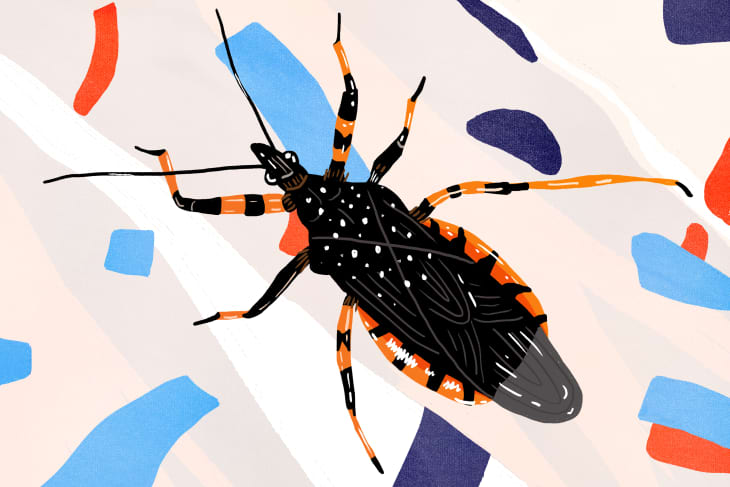The Assassin Bug: Facts, Dangers & Prevention

Assassin bugs (or kissing bugs) get their names from their habit of biting humans on the face near the lips. (It’s true people: I can’t make this stuff up.) Here’s what you need to know about this not-so-nice insect.
Where Do Assassin Bugs Live?
Assassin, a.k.a. kissing bugs, are found all across the bottom two-thirds of the United States, and predominantly in Arizona, California, Texas, and New Mexico. Once only found in tropical regions further south, climate change and global warming have since pushed them further north.
What Do Assassin Bugs Look Like?
They are largely dark brown or black, and may have red dots on each side of their broad, flat backs. They measure between 1/2″ to 1″ long.
Yes, Assassin Bugs Do Bite
Importantly, these bugs bite. Assassin bugs like hanging out near their prey— mammals (including humans) with vertebrae—from which they can suck blood. Word on the street is that they like to bite repeatedly near your eyes and mouth (hence the kissing bug moniker), which will cause bite marks, redness and swelling to appear.
… and Spread Disease
Their feces can also spread the parasite that causes Chagas disease, a disorder that does damage to major organs and can be fatal if left untreated.
Where Do Kissing Bugs Hide?
During late spring and summer, they leave their usual nests in the woods (near rodents) and go in search of mates and new refuges. Along the way, kissing bugs are attracted to bright lights on houses at night. They work their way into homes and search out dark, cool places to stay during the day, only leaving again at night for food. They particularly like hiding between mattresses.
How to Control and Kill Assassin Bugs
Preventing these bad boys from entering the house falls, for the most part, under regular home maintenance. You deter them the same way you do other bugs and household pests: sealing up your home the best you can:
- Seal any cracks or crevices to keep them from entering the home.
- Clear the perimeter around your home of leaves and burn any rodent nests.
- Make sure you don’t have any gaps underneath your exterior doors.
- Swap out regular lightbulbs for yellow bug safe ones instead.
- Keep screens on all your windows and doors.
- If you find assassin bugs in the home, or around the house, consider calling pest control to spray insecticide.
- The CDC mentions that synthetic pyrethroid sprays, which also combat bed bugs, have been used to prevent infestation.